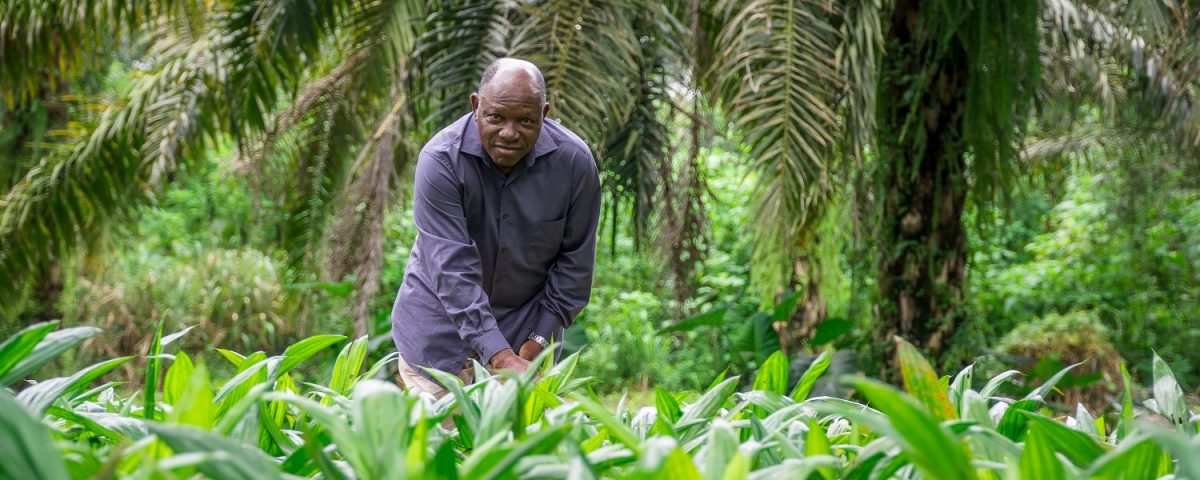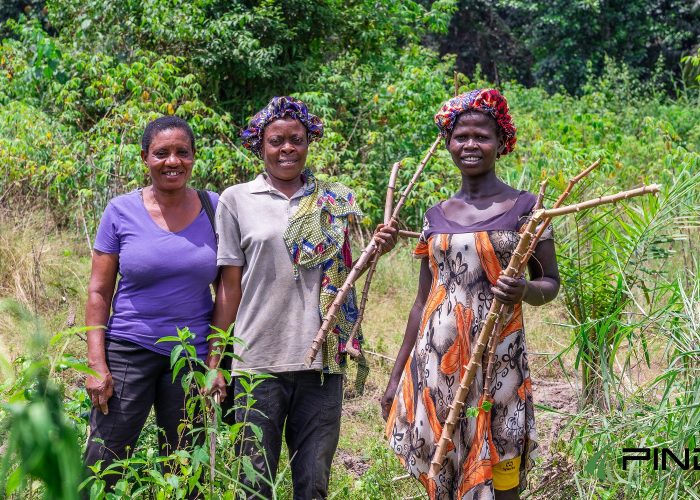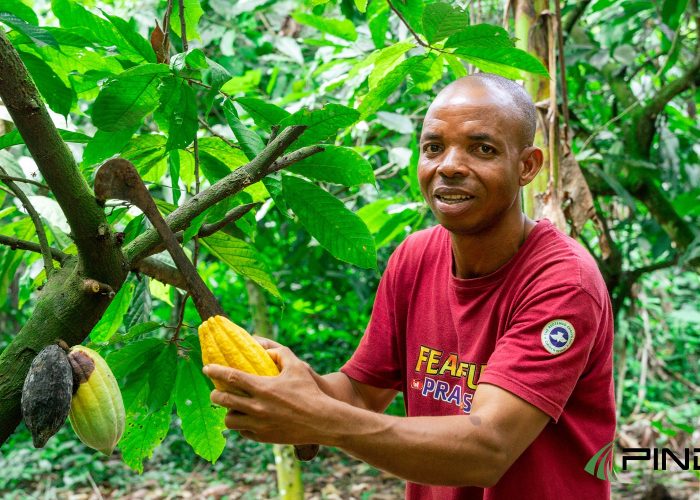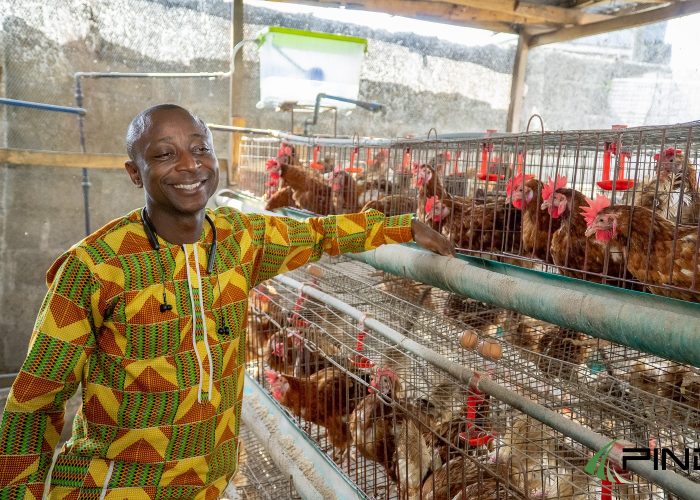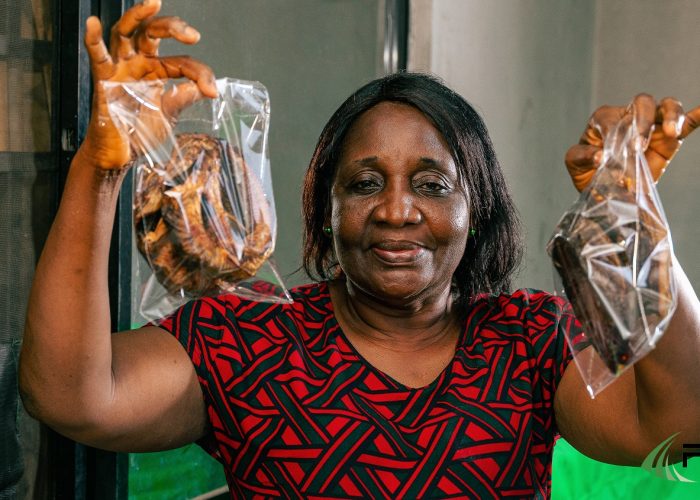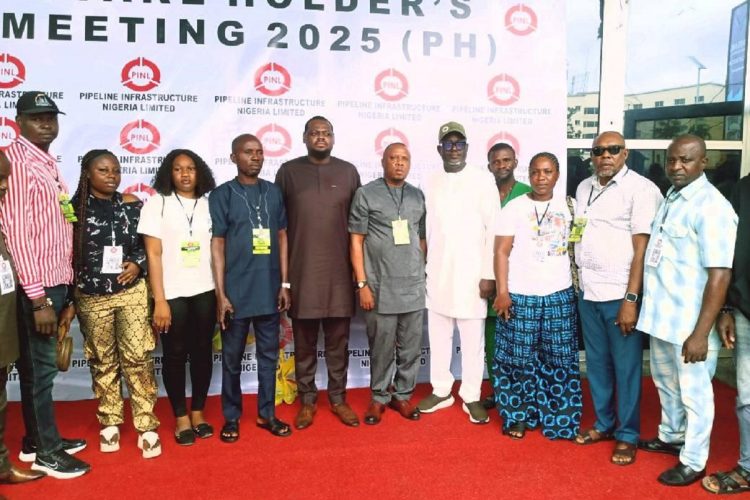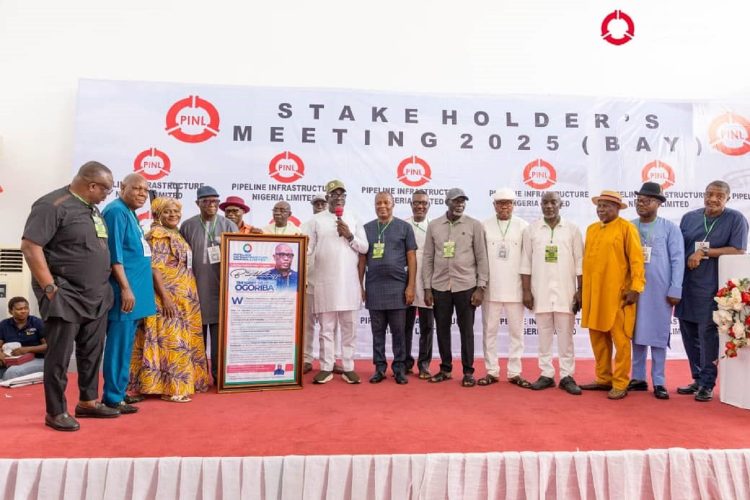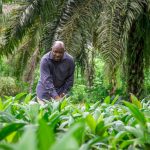
One Book, One Pen 3.0 – Empowering the Next Generation Through Literacy
October 23, 2025
Building Resilience Through Inclusion: PINL’s Women Empowerment Drive Across the TNP Corridor
October 28, 2025Now and then, a moment arrives that compels an entire sector to reconsider what it means to be secure. For the Niger Delta’s food systems, that moment is now.
For years, debates about food security centered on production, such as increasing hectares farmed, boosting harvest volumes, and feeding more people. However, recent shocks, from climate disruptions and flooding to price swings and post-harvest losses, have uncovered a deeper truth: having food is not the same as truly securing food.
A Region at the Crossroads
The Niger Delta is a region known for its abundance of fertile land, rich fisheries, and diverse crops. However, it faces a paradoxical situation where hunger and waste are prevalent. Similar to the rest of Nigeria, up to 40% of the food produced here never reaches the consumers’ table.
The causes are complex: inadequate storage facilities, weak rural markets, multiple and illegal taxes, unpredictable power supply, and limited access to preservation technology. When floods flood farmlands or heat waves ruin freshly harvested crops, farmers lose income, processors lose materials, and households lose stability. The consequences extend beyond food prices; they impact livelihoods, gender equity, and even peace.
From Production to Preservation
This reality has prompted a quiet shift in thinking among agripreneurs, cooperatives, individuals, and community leaders across the Niger Delta. The conversation is moving from “How do we grow more?” to “How do we secure what we grow?”
Studies show that reducing post-harvest losses by even 10% in sub-Saharan Africa could feed an additional 48 million people annually. For the Niger Delta, this isn’t just a food story — it’s an economic one. Preserving food means preserving value.
Across the region, small but powerful innovations are emerging: solar-powered dryers, cold storage hubs, community processing centers, and a revival of indigenous preservation techniques. At the same time, a growing “waste-to-wealth” movement is turning what was once discarded, cassava peels, palm waste, fish trimmings, into animal feed, compost, and renewable energy. This shift reflects a deeper understanding that food systems must be circular, because every kilogram of food lost wastes land, labor, water, and energy. For smallholders, the impact is deeply personal; lost income means unpaid school fees, delayed medical care, and empty plates.
Collaboration as the New Security Strategy
As the world commemorates World Food Day 2025, themed “Water is Life, Water is Food —Leave No One Behind,” it presents an opportunity to redefine what food security means for the Niger Delta. Ensuring lasting food security requires more than just innovation — it demands genuine collaboration. Food loss isn’t solely a farmer’s challenge; it’s a systemic issue.
Addressing it demands that communities, agribusinesses, policymakers, and development partners work in alignment. From decentralized storage networks to microfinance for small processors, horizontal collaboration, not isolated interventions, is emerging as the smarter path to resilience.


